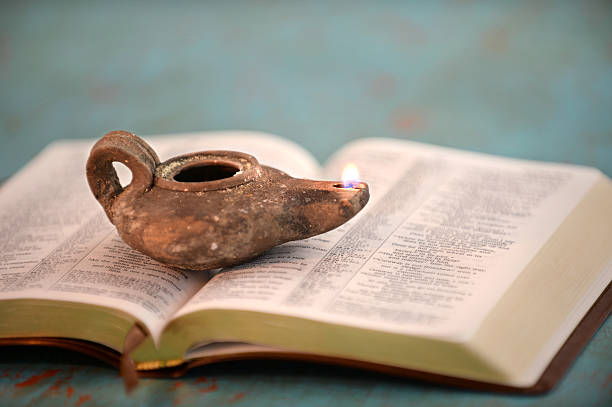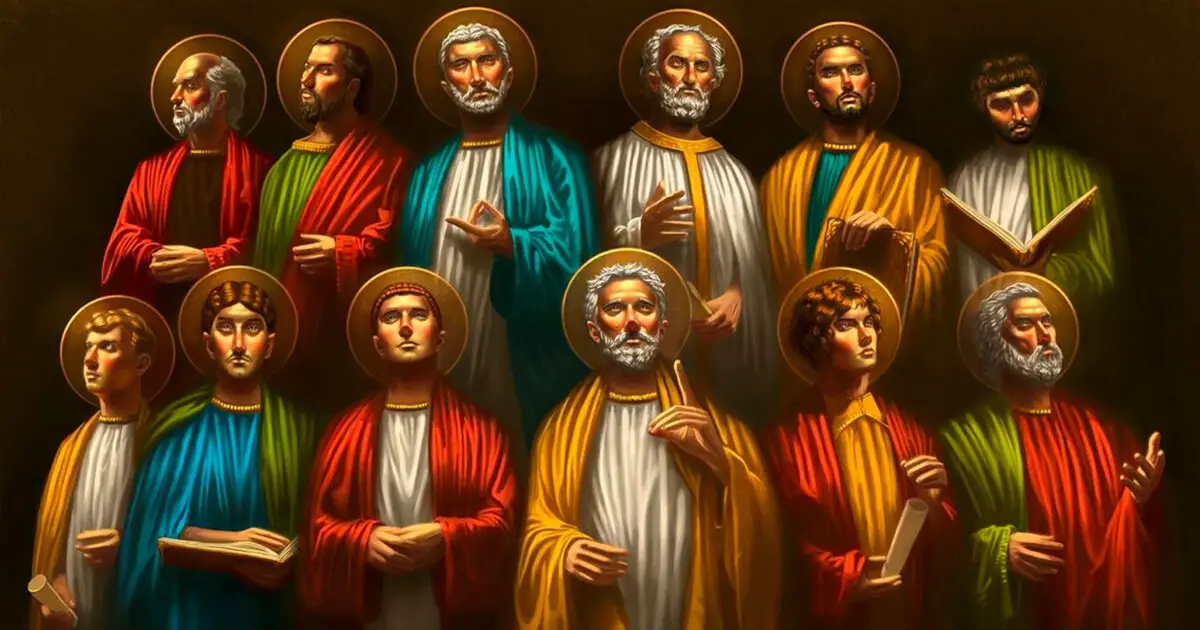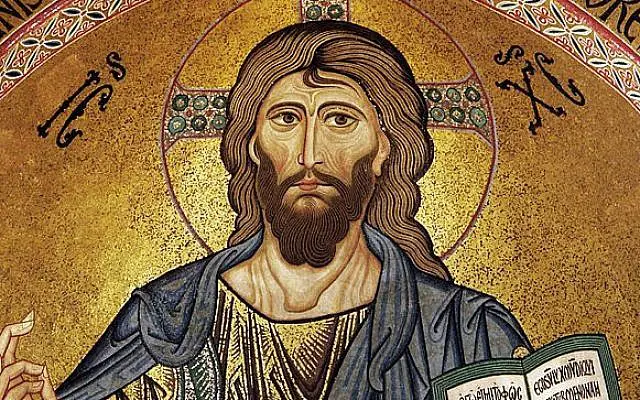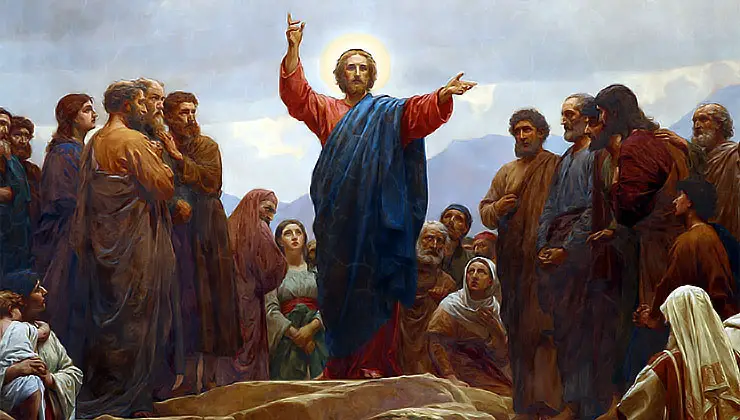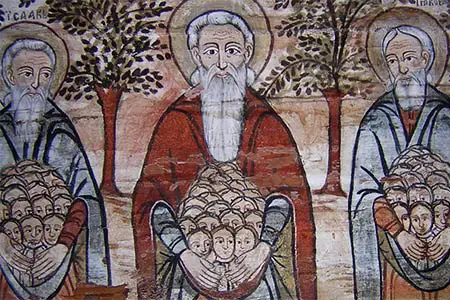Sola Scriptura and the Doctrine of the Trinity
Many Protestant Christians are familiar with the phrase “sola scriptura,” the Latin term that gained prominence during the Reformation movement of the 16th century. “Sola,” meaning alone and “Scriptura,” referring to Scripture, emphasizes the belief that the Bible is the highest authority for the Christian faith and practice, taking precedence even over long-held Church traditions.[1]Martin Luther, the German-born, Augustinian monk[2] and arguably the best-known of the reformers, came to understand that many of the Catholic Church’s positions contradicted Scripture. When he challenged the Catholic Church’s…


